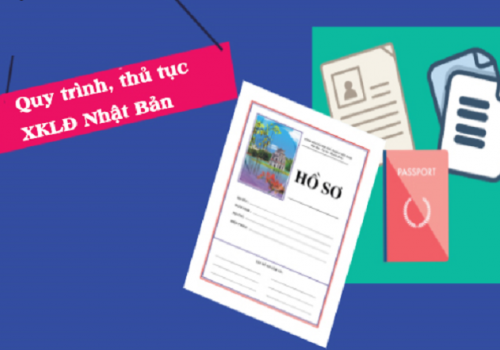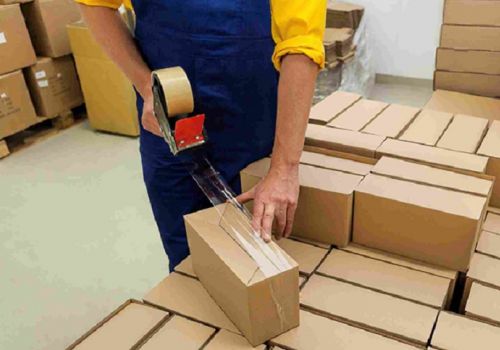Note the prohibited items to bring when coming to Japan
When coming to Japan, you will not be allowed to bring items, foods such as untested poultry, livestock, vegetables, explosives, etc. Violations can result in a fine of up to 200 million VND and permanently barred entry to Japan.
According to the law, from March 1, 2022, when the quarantine certificate is presented, people entering Japan can bring the following items:
- All kinds of fresh vegetables such as: Onions, garlic, chili, ...
- All kinds of meat, seafood (such as cotton balls, sausages, shrimp, dried varieties in any form).
- All kinds of vegetables, fruits, flowers, ornamental flower pots or even flower pots with soil,…
- All acts of holding money and luggage to help others are strictly prohibited.
- Absolutely no contact with livestock, poultry, stables (Swine, chicken, duck, cow, ...) before and after coming to Japan.
If you break the rules, you will be fined:
- 1 million yen (approximately 200 million VND), if violators do not pay the fine, they will be forced to return home at the airport.
- The maximum prison sentence is 3 years.
- 100% confiscation at the airport
- Permanently banned from entering Japan.
Prohibited items brought to Japan you need to know
Japan has reopened after a long time, so a lot of people will enter Japan in the near future, especially a large number of Trainees.
When interns come to Japan, they will often bring a lot of things from Vietnam. In order for the entry to go smoothly, to avoid unexpected incidents, it is necessary to note the following items and foods on the prohibited list to be brought to Japan:
Food

Except for the types of seafood and seafood that are allowed to be brought in according to the regulations of the Japanese government, all types of fresh animal meat are not allowed to enter:
- Poultry: chickens, swans, ducks, geese, all kinds of birds,...
- Meat as well as animal organs: including all types of meat from fresh to frozen, processed such as sausages, sausages, meat pies, rolls, spring rolls, ...
- Bones, blood, skin, hair, hooves,... (except leather products: leather bags, leather belts,...)
- Eggs (including eggshells, or even duck eggs)
- Milk (except infant formula)
Types of plants

Most plants are strictly forbidden to bring to Japan. The Japanese government's ban on most plants is to avoid illegal trade, bringing poor quality goods into Japan.
Some types of plants are prohibited to bring when traveling to Japan:
- Fresh or dried fruits such as: star fruit, mangosteen, plum, mango, durian, passion fruit, na, avocado, papaya, banana, custard apple, longan, mango, apple, persimmon, pear, dragon fruit , beef bon, cucumber and citrus family,…
- A list of fresh or dried fruits and vegetables such as lemongrass, chili, garlic, onions, herbs, coriander, tomatoes, lettuce, dill, etc.
- Nuts such as pepper, sesame seeds, coffee, beans, vegetable seeds, mustard, etc.
Liquid

If before, airlines banned or restricted the carrying of liquids, from May 1, 2016, there have been some changes to make it the most reasonable. Specifically, in addition to the following liquids, you are not allowed to bring any liquids on board:
Carrying liquids must be kept in glass containers, tightly closed and sealed; These bottles must be placed in a transparent plastic bag, each person can bring only 1 of this bag.
If it is a medicine, it must clearly state the name and address of the doctor and the passenger.
Milk and food for infants must be accompanied by infants.
Other liquids purchased at duty-free shops at the airport or on board the plane will not be restricted according to the above regulations, but must still be contained in transparent plastic bags, inside with an invoice indicating the place of sale. , the date of sale should be kept in a place where it can be easily seen, then the bag must be carefully sealed.
Other items
Items that are likely to affect entry flights:
- Explosives: bombs, mines, cannons, etc.
- Flammable substances: gas, alcohol, gasoline, paint, ...
- Toxic chemicals, corrosives, infectious agents, oxidizing agents, etc.
- Briefcases, safes, things with alarm devices, etc.
- Things that are subject to the embargo are regulated by the regulations of the regions the plane flies over.
- The devices can operate on their own using lithium batteries…
In order for the entry to go smoothly, please pay attention when preparing your luggage, and avoid bringing prohibited items according to regulations.
Related posts

















